Keywords: Coal
There are more than 200 results, only the first 200 are displayed here.
-
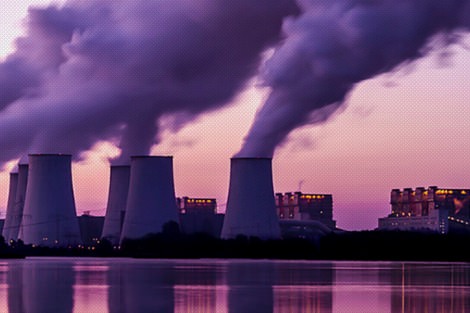
ENVIRONMENT
- Thea Ormerod
- 21 June 2016
4 Comments
An accelerating number of institutions and individuals are moving their money out of planet-heating fossil fuels and into climate solutions. The total assets guided by some form of divestment policy was $3.4 trillion at 2 December last year, 50 times more than what was up for divestment 12 months earlier. It sounds like a lot, but it's a small amount compared to the $100 trillion-plus invested in the usual way. That's our money, in banks and super funds, managed funds and insurance companies.
READ MORE 
-
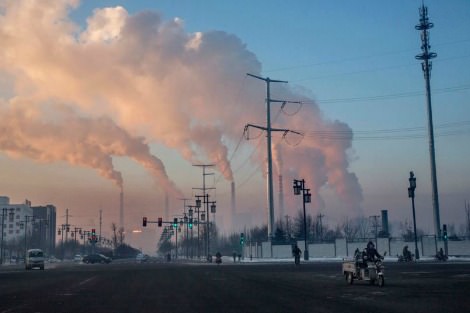
ECONOMICS
There is little doubt that the means to dramatically reduce the amount of pollution produced by developed economies is already theoretically available. It is perfectly possible to redesign industrial systems so that they do not pollute and do not consume finite resources at a rate that is unsustainable. But it requires a radical shift - and the biggest barrier to that shift occurring, the financial markets, is barely even mentioned in discussions of the challenge.
READ MORE 
-
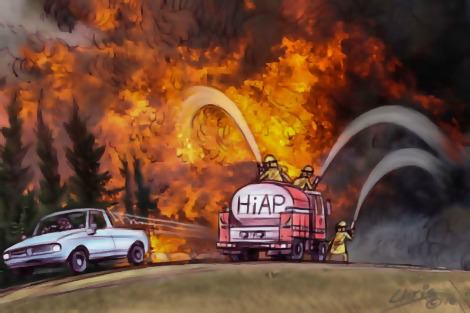
AUSTRALIA
- Melissa Sweet
- 14 June 2016
6 Comments
When politicians and journalists speak about 'health' in an election context, they invariably are referring to healthcare, and usually hospitals at that. However, the health of individuals and communities is the result of many factors, of which access to healthcare is just one determinant. Climate change - the defining issue for public health this century, according to the World Health Organization's outgoing director general Dr Margaret Chan - barely figures in election health debate.
READ MORE 
-
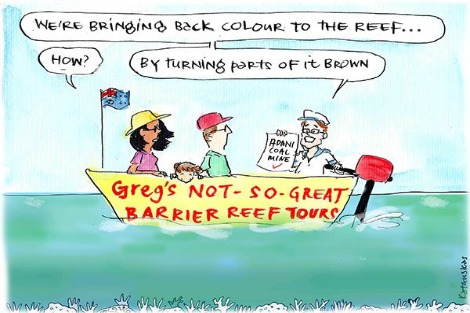
CARTOON
- Fiona Katauskas
- 01 June 2016
This week's offering from Eureka Street's award winning political cartoonist.
READ MORE 
-
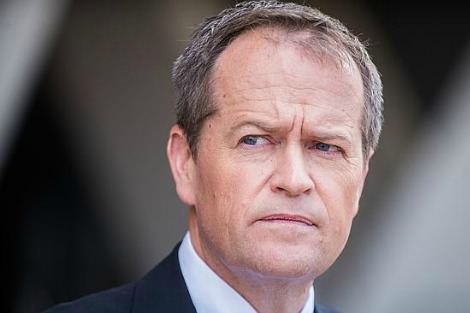
AUSTRALIA
- J. R. Hennessy
- 30 May 2016
4 Comments
Labor has built a small poll lead over the Coalition as led by the eminently more marketable Malcolm Turnbull, and in this case the commentariat are willing to give Shorten and Labor the credit. They're the ones controlling the policy conversation and setting the agenda, and it feels like the government are just responding in turn. Who is this Bill Shorten? This is someone who even a few months ago would be largely inconceivable in the top job, but now seems at the very least plausible.
READ MORE 
-

AUSTRALIA
- Marcelle Mogg
- 05 May 2016
18 Comments
Even the International Monetary Fund recognises that the best way to grow an economy is to reduce the divide between rich and poor, ensuring that all people have a chance to participate in the social and economic life of a country. The Coalition government remains resolutely opposed to this growing body of evidence, continuing to rely on economic structures that entrench disadvantage, then blame the poor for their fate. The Budget provides tax cuts to the rich and service cuts to the rest.
READ MORE 
-
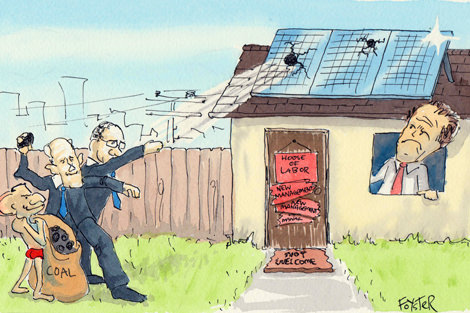
ENVIRONMENT
It was as if Australian politics had regressed four years overnight. No sooner had Labor released its new climate change plan than the Coalition was resuscitating Tony Abbott's 'carbon tax' line. The Coalition's attempt to revive the defining debate of the 2013 federal election won't work. As other commentators have noted, Labor's plan has been carefully crafted to avoid the carbon tax sledge. More importantly, external factors have changed to make a scare campaign less potent.
READ MORE 
-

ENVIRONMENT
- Bronwyn Lay
- 21 April 2016
15 Comments
In the face of the increasing environmental destruction legally occurring within Australia's borders, chasing actors Johnny Depp and Amber Heard for bringing their undeclared dogs into Australia in breach of biosecurity laws comes across as a curated media stunt. Like everywhere in the world, Australian environmental law is at a crossroads. On one hand government regulations that permit violence against habitat increase, and on the other, legal challenges against this destruction rise.
READ MORE 